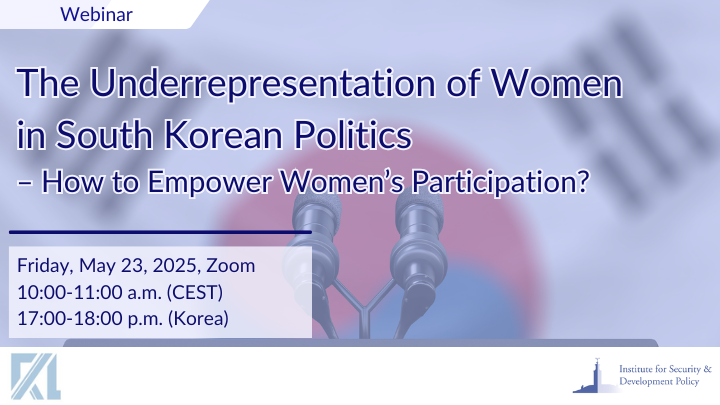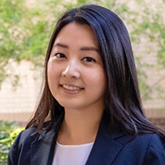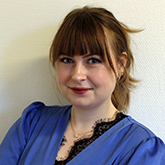Webinar: The Underrepresentation of Women in South Korean Politics – How to Empower Women’s Participation?

The Republic of Korea (South Korea) has seen an immense transformation over the past decades, having transformed from an agrarian society to a leading trading nation through its economic development, modernization, and democratization. Nevertheless, women’s positions in South Korean society evolved at a slower pace due to political and economic barriers facilitated by the country’s conservative societal standards, allowing gender disparity to remain to this day. As of June 2024, around 19,2% of seats in South Korea’s parliament, the National Assembly, are held by women, which is below the average of other OECD nations (33.8%), the global average (25.6%), and the average of other Asian countries (20.8%). In the global rating for gender equality in politics, South Korea ranked 121st out of 193 countries in 2025.
Ultimately, a higher percentage of women in government positions is important for South Korea to become a more representative democracy. Women’s inclusion in politics is also important as it allows for women’s direct participation in public decision-making, ensuring both better use of the nation’s talent pool and accountability to women, and contributes to increased attention to women’s and gender issues, that men might overlook or be unaware of.
The Stockholm Korea Center of the Institute for Security and Development Policy and the Korea Young Leaders Forum cordially invite you to a one-hour webinar commemorating the International Day for Women, Peace, and Disarmament, during which we will discuss South Korea’s history in relation to women’s political participation, the constraints on women’s participation and societal norms, and how South Korean women can be empowered to pursue careers in politics in the future. The webinar is scheduled for May 23rd, 2025, at 10:00 a.m. Swedish time and 5:00 p.m. Korean time. The webinar will be live and online, recorded for later use, and will be followed by a report in both English and Korean.
Speakers:
 Dr. Hannah June Kim is an Associate Professor at the Graduate School of International Studies (GSIS) at Sogang University, where she also serves as Director of the Korea and East Asia program. She earned her Ph.D. in Political Science from the University of California, Irvine, and previously held positions as an Assistant Professor at the University of Nebraska Omaha and as a Postdoctoral Scholar at Stanford University’s Walter H. Shorenstein Asia-Pacific Research Center. Her research interests include public opinion, gender, and democracy in East Asia.
Dr. Hannah June Kim is an Associate Professor at the Graduate School of International Studies (GSIS) at Sogang University, where she also serves as Director of the Korea and East Asia program. She earned her Ph.D. in Political Science from the University of California, Irvine, and previously held positions as an Assistant Professor at the University of Nebraska Omaha and as a Postdoctoral Scholar at Stanford University’s Walter H. Shorenstein Asia-Pacific Research Center. Her research interests include public opinion, gender, and democracy in East Asia.
 Ms. Yena Lee is a master’s student at the Graduate School of International Studies at Yonsei University, where she served as a Junior Research Associate at the university’s Center for International Studies. In addition to her academic work, she is the International Division Manager at the Korea Young Leaders Forum, contributing to the organization’s global outreach and dialogue initiatives.
Ms. Yena Lee is a master’s student at the Graduate School of International Studies at Yonsei University, where she served as a Junior Research Associate at the university’s Center for International Studies. In addition to her academic work, she is the International Division Manager at the Korea Young Leaders Forum, contributing to the organization’s global outreach and dialogue initiatives.
Moderator:
 Ms. Josephine Ørgaard Rasmussen is the Project Manager at the Stockholm Korea Center of the Institute for Security and Development Policy. She graduated with a master’s degree from the University of Southern Denmark in International Security and Law. Through her master’s degree, Ms. Ørgaard Rasmussen concentrated on the security situation surrounding the Korean Peninsula. In her master’s thesis, she examined how, among other things, the green transition agenda could be used as a diplomatic tool to denuclearize the Korean Peninsula in the long run through trust-building measures. Following the completion of her master’s degree, she studied Korean at Pukyong National University in Busan for eight months.
Ms. Josephine Ørgaard Rasmussen is the Project Manager at the Stockholm Korea Center of the Institute for Security and Development Policy. She graduated with a master’s degree from the University of Southern Denmark in International Security and Law. Through her master’s degree, Ms. Ørgaard Rasmussen concentrated on the security situation surrounding the Korean Peninsula. In her master’s thesis, she examined how, among other things, the green transition agenda could be used as a diplomatic tool to denuclearize the Korean Peninsula in the long run through trust-building measures. Following the completion of her master’s degree, she studied Korean at Pukyong National University in Busan for eight months.